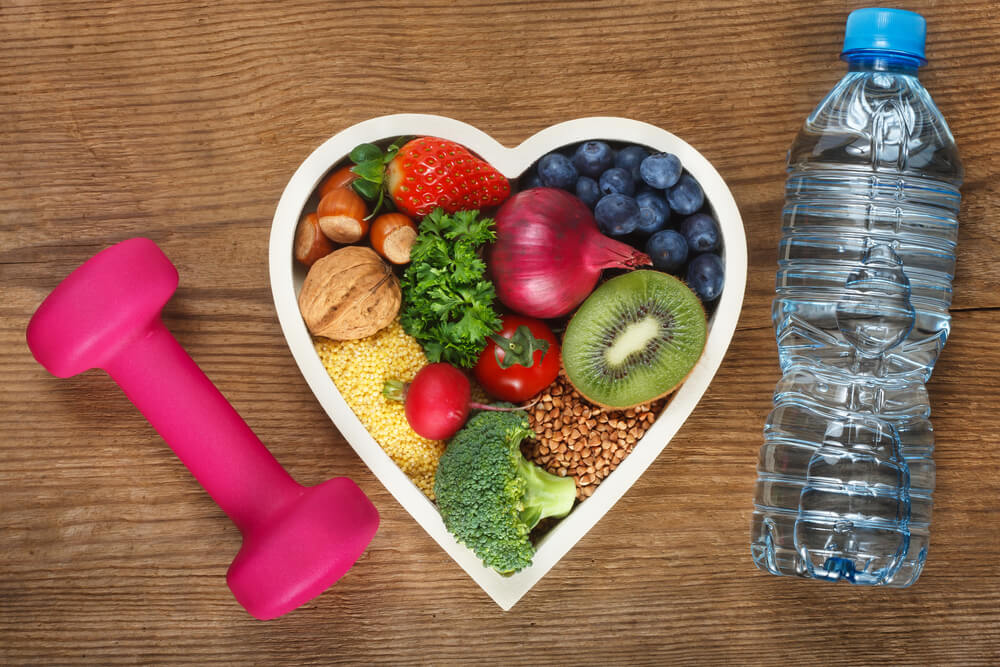The size of a fist and beating, an average of 115,000 times a day, our hearts are one of the hardest working parts of our bodies. While it’s a powerful muscle, the heart is also susceptible to disease, particularly as we get older.
Let's start with the facts
As we age, fatty deposits can build up inside the heart and the arteries can stiffen leading to high blood pressure. According to the National Institute on Aging, adults age 65 and older are more likely than younger people to develop heart disease, have a heart attack, suffer heart failure or have a stroke.
Heart disease is the number one killer in America according to the Centers for Disease Control and Prevention (CDC). The same CDC report shows that one in five deaths in America is due to heart disease.
One factor contributing to America’s high rate of heart disease is the American diet which is heavy on sugary drinks, fast food and processed foods. A study shared by the American Heart Association shows that poor diet quality is a key contributor to heart disease. Other factors such as smoking and sedentary lifestyles only compound the problem.
Try these four swaps for a more heart healthy diet
Some simple dietary changes can have a dramatic impact not just on heart health, but also on overall health and well-being. Certain foods help lower cholesterol levels, blood pressure and inflammation in the body, all of which contribute to heart disease.
Swap 1: Switch fats
All fats aren’t created equal. Many animal proteins are full of saturated fat, dietary cholesterol and trans fats which are all bad for your heart. Add monounsaturated fats and omega-3 fatty acids — heart-healthy “good fats” — to your diet instead. You’ll find them in nuts, avocados, fatty cold-water fish, like salmon and olive, peanut and sunflower oils.
Swap 2: Eat the rainbow
Rather than filling your plate with carbohydrates and meat, focus on colorful, fresh plant-based foods which are full of nutrients and antioxidants that protect the heart with vitamins, minerals and fiber. Vitamin C — found in citrus, broccoli and dark, leafy greens, and Vitamin E — found in bell peppers, spinach and asparagus, are especially good for the heart. The more colorful the better and every little bit helps. Add spinach to a smoothie, make an omelet with peppers and herbs, add a fresh salad to your dinner menu or have some berries as a midday snack.
Swap 3: Opt for plant proteins
Eating less meat — particularly red meat — and more plant-based proteins is great for your heart and the environment. These proteins are high vitamins, fiber, minerals and other key nutrients. Plant-based proteins include soy, beans, quinoa and nuts.
Swap 4: Choose whole grains
Switch from refined grains like white bread and white rice to heart healthy, versatile and tasty whole grain foods. Refined grains are processed and stripped of many of their nutrients. Whole grains retain all three parts of the original grain’s kernel, so they deliver more nutrients and fiber. Good whole-grain choices include brown rice, whole wheat, oats and barley.
Mom's Meals® can help
You have tasty decisions to make with heart-friendly meals delivered direct to your home. Try our nutritious and delicious refrigerated meals crafted by registered dietitians and professional chefs that you simply heat, eat and enjoy. We take the guesswork out of eating a heart-friendly diet. Get started today!



